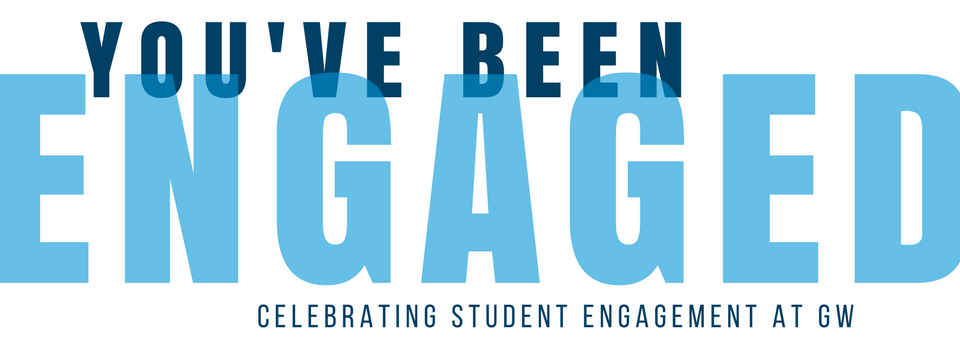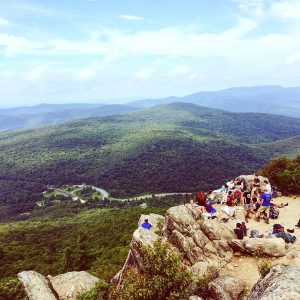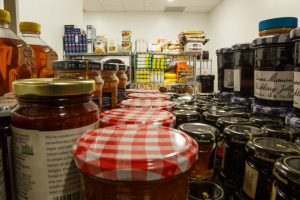by Kaitlyn Schmitt (kschmitt@gwu.edu)
As part of their 2018 Commencement Guide, the GW Hatchet student newspaper reported on graduating student leaders' reflections on their involvement. The students discussed positive outcomes from their involvement in student organizations, including:
- Applying skills they learned about in class to their student organizations,
- Leveraging leadership experience in job interviews, and
- Feeling a greater sense of belonging and community.
The Center for Student Engagement is committed to cultivating these positive outcomes through student organizations - part of why CSE staff have dedicated over 2,500 hours in the last academic year to advising student organizations. We're thrilled these students and many others have experienced these positive outcomes, and we will continue to encourage the involvement of incoming and current students to promote the opportunities to practice leadership, apply transferable skills, and feel connected to one another and to GW.




